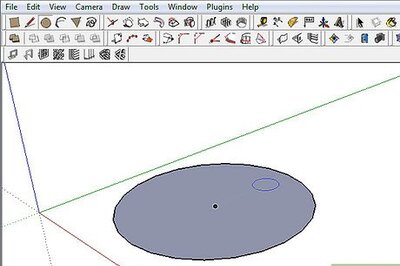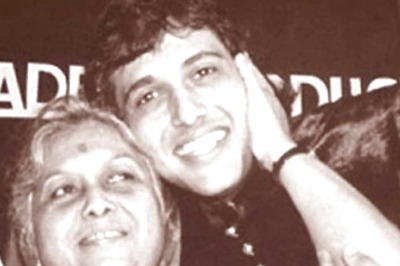
views
Brussels: A European Union court ruled that social networking sites cannot be compelled to install general filters to prevent the illegal trading of music and other copyrighted material.
The decision is a victory for operators of social networking sites in the EU, but a setback for those who seek to protect copyrighted material from being distributed without payment or permission.
It also comes as protests are growing in Europe against ACTA, the proposed international Anti-Counterfeiting Trade Agreement, which is meant to protect intellectual property rights.
In Thursday's decision, the EU Court of Justice, which is based in Luxembourg, ruled that requiring general filters that would cover all the site's users would not sufficiently protect personal data or the freedom to receive and impart information.
SABAM, a Belgian company that represents authors, composers and music publishers, filed the lawsuit leading to Thursday's ruling. In it, the company objected to the practices of Netlog NV, a social networking site, saying users' profiles allowed protected works to be shared illegally.
Michael Gardner, head of the intellectual property practice at London law firm Wedlake Bell, called the ruling a further blow to copyright owners because it appears to rule out forcing operators of social network sites and Internet service providers - at their own expense - to impose blanket monitoring and filtering aimed at stopping infringements.
In November, SABAM lost a separate case in which it sought to require Internet service providers to install filters that would prevent the illegal downloading of files.
Gardner said the ruling would not stop copyright owners from seeking more limited injunctions against social networking sites or Internet service providers, but he said the injunctions would have to be more "proportionate" in scope and effect.
"Under EU law, there has to be a balance between the interests of copyright owners and the rights of privacy and freedom of expression," he said. "So far, the courts seem to have rejected the draconian solutions urged on them by the rights owners."
Mark Owen, head of the intellectual property practice at London law firm Harbottle & Lewis, said the new ruling shows how difficult it can be to protect intellectual property.
"As clouds continue to gather around Anti-Counterfeiting Trade Agreement and other attempts to control online use of copyright works, today's ruling from the European Court provides a useful illustration of the practical challenges enforcement poses," Owen said.



















Comments
0 comment